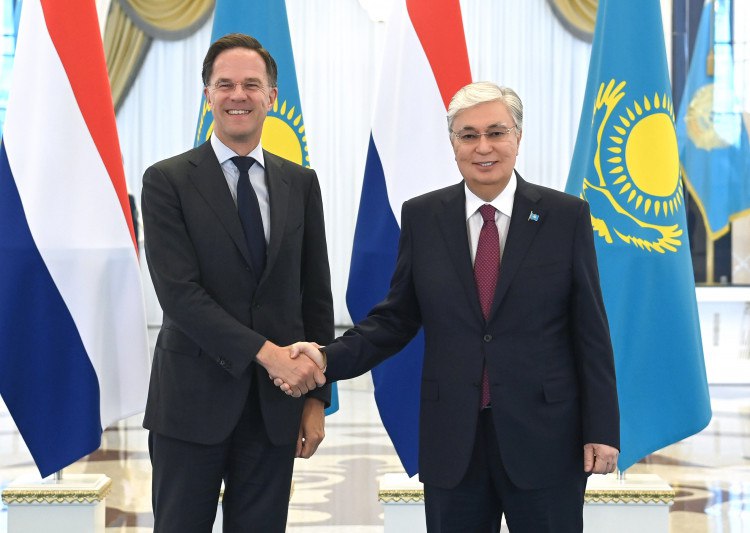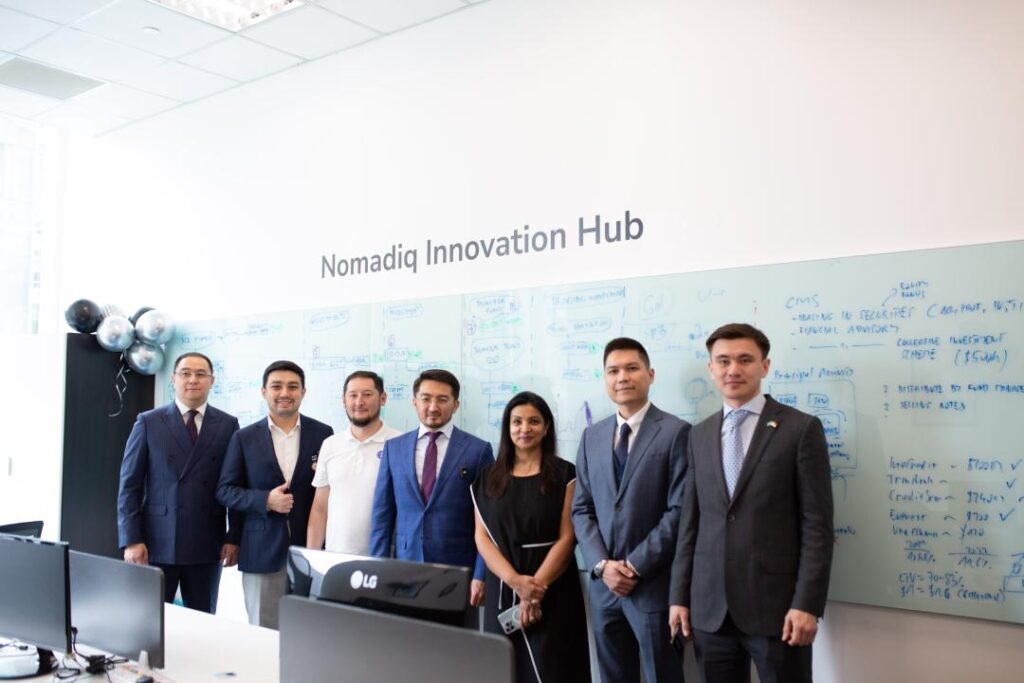Kazakhstan to Increase Production of High Added-Value Products
The government of Kazakhstan has identified a list of key projects concerning the manufacture of non-resource products with high added value. The list numbers 17 projects in the metallurgical and chemical industries, oil and gas chemistry, and automobile manufacturing. Each involves advanced processing of raw materials and will contribute to the development of related industries and the economy. At a government meeting on May 28, Kazakhstan's prime minister Olzhas Bektenov commented that "We must produce non-resource goods of high processing, whereby most of the profits will remain in the country and the level of economic diversification will increase.” Commenting on preferences afforded to producers under the proposed new Tax Code, Bektenov stated: “In the draft of the new Tax Code, tax rates will be determined by the complexity of production. If an enterprise produces high value-added products, the tax rates will be lower, and if they produce raw materials, the tax rate will be higher.” This year, as part of the Industrialization Map, Kazakhstan plans to launch 180 projects at a cost of 1.5 trillion tenge, and to create over 18,000 new jobs. The total volume of production will amount to 1.6 trillion tenge, including 600 billion tenge of exports and 1 trillion tenge of import substitution.








